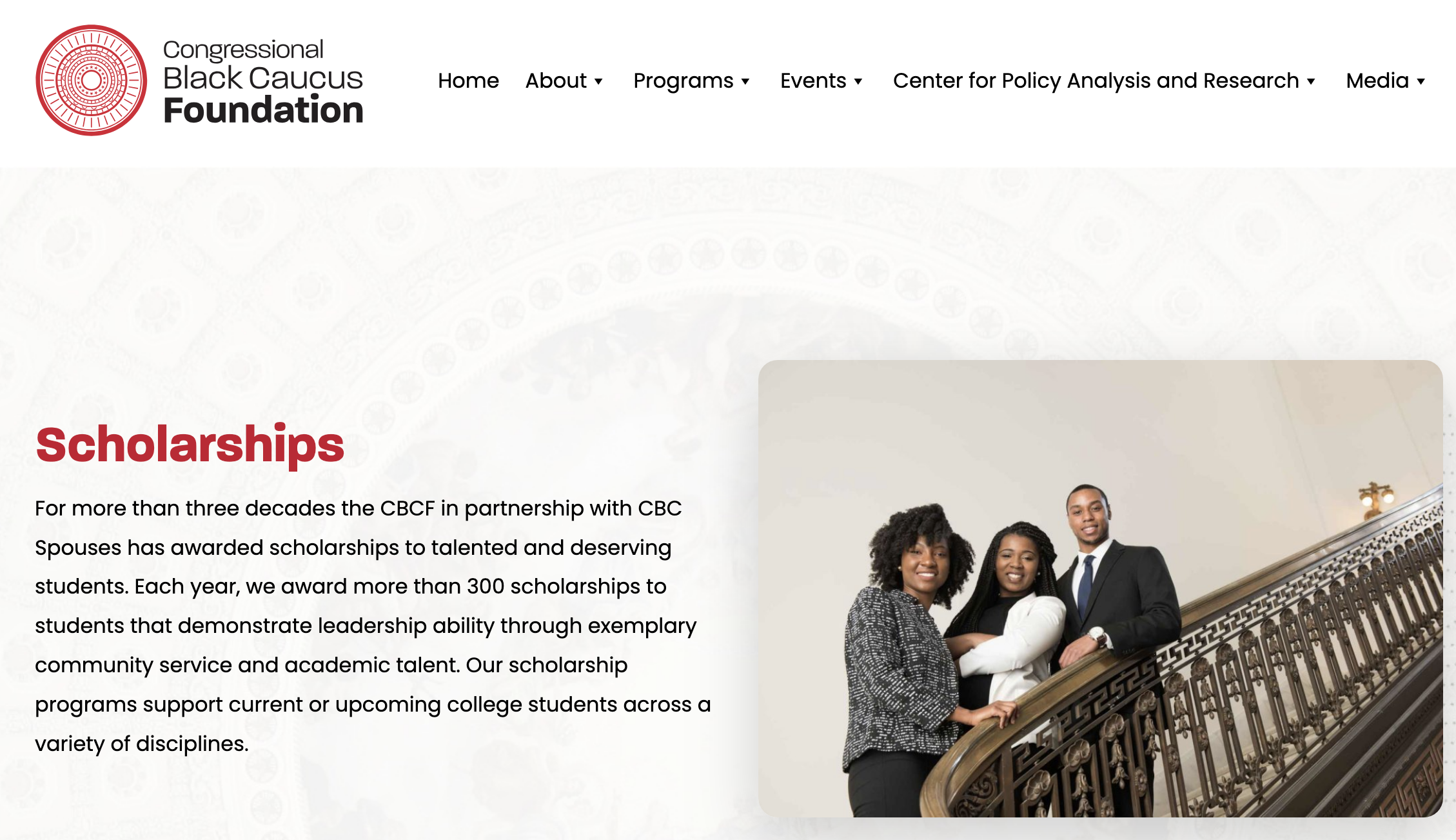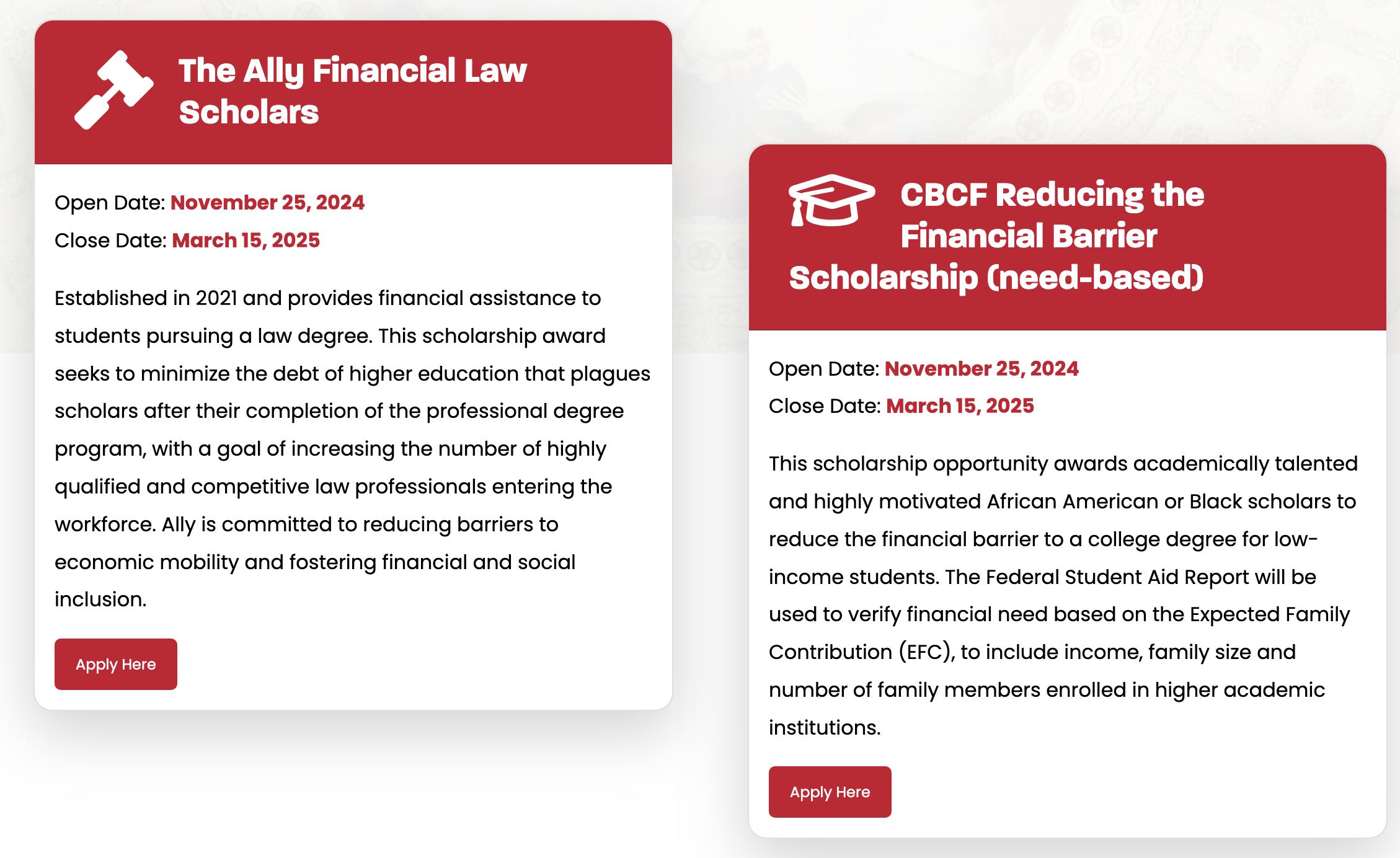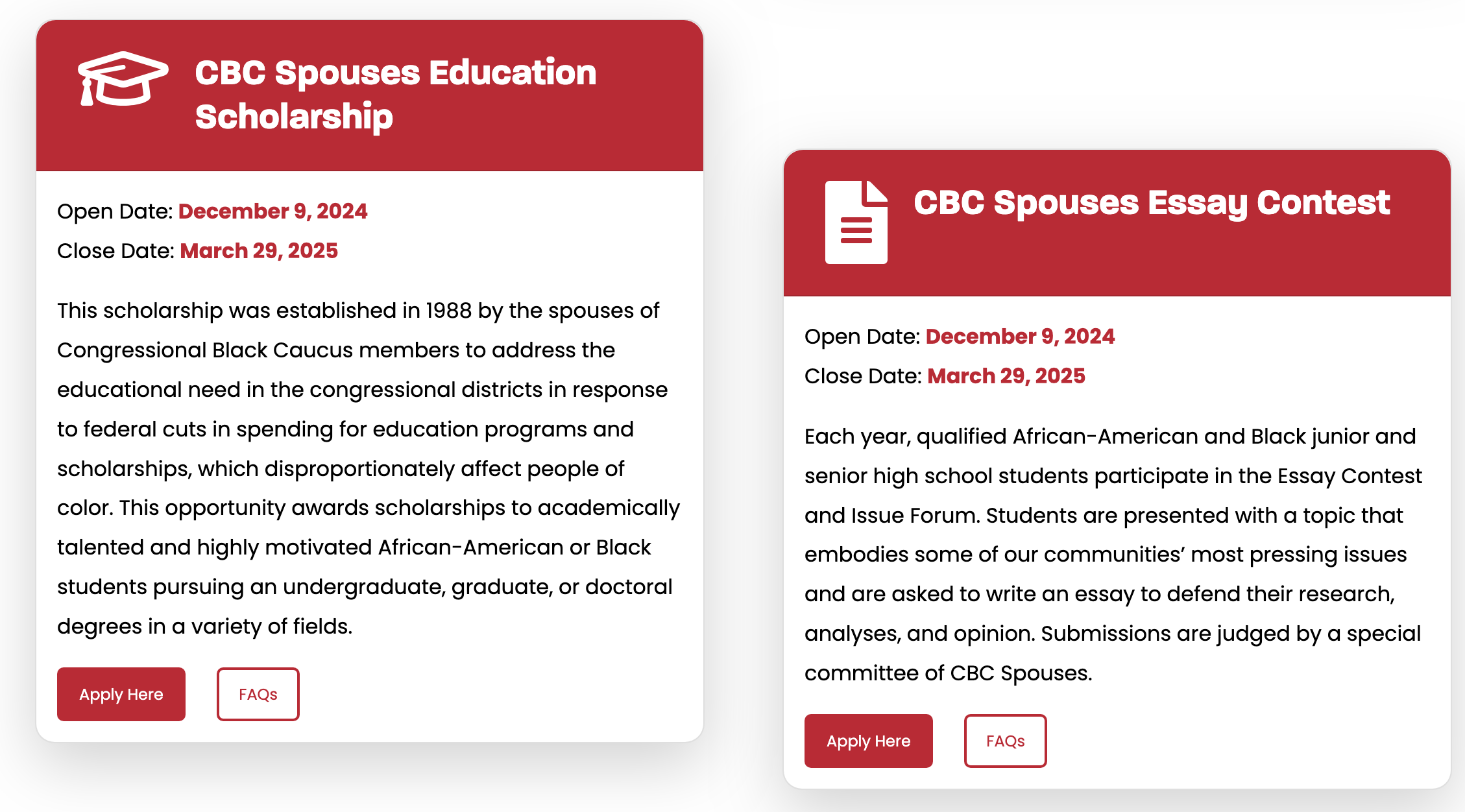In the News…
Need-based Financial Aid
January 18, 2018Need-based Financial Aid
Having worked with hundreds of students through our College Planning Cohort Program, and having reviewed hundreds of Financial Aid Award Letters, we have gained first-hand insight into the array of financial aid policies across the college admissions landscape. Students and parents typically believe that the EFC (Expected Family Contribution), as computed by the U.S. Department of Education, after processing a student’s FAFSA (Free Application for Federal Student Aid), is the amount that parents (or independent students) are required to pay toward the costs of attending college.
Many institutions will play on the naiveté of students and parents by providing intentionally misleading Financial Aid Award Letters, which suggest that students with ‘0’ or low EFCs will not pay anything toward their college costs. The most common practice involved in this deception is to list Federal Student Loans under the caption, ‘Awards,’ or using such language as, “We are pleased to offer.” while also failing to disclose the estimated Cost of Attendance.
As a result, students and parents assume thousands of dollars in student loan debt as a means of reaching their ‘0’ EFC. Any remaining financial aid gap is oftentimes closed with a combination of small scholarships such as, Achiever’s Scholarship, Trustee Scholarship, Dean’s Scholarship, etc., which are not renewable after the student’s first year. To register for second-year classes, students simply take out more student loan debt and the process continues year after year until students reach their federal student loan maximums, at which time, many students simply stop attending college.
So what does ‘Need-based’ financial aid really mean?
Need-based financial aid simply means that a college will assist in meeting a student’s full financial need, based on either the EFC, as generated by the FAFSA, or the financial need as determined by the CSS/Financial Aid Profile. However, the means through which a student’s financial need is met will vary widely from being met with generous need-based institutional scholarships and grants, to being met with thousands of dollars in student loans. In this regard, there are institutions that have ‘no-loan’ financial aid policies, where student loans are not considered as part of their financial aid formula, and other institutions where student loans represent the most significant part of their financial aid formula.
How do I identify the institutions that offer the most generous institutional scholarships and grants?
Go to the US News and World Reports college rankings and the colleges with the most generous need-based financial aid policies are atop the rankings and among the most selective institutions to which a student can be offered admission. For example, Williams College is the top ranked liberal arts college in the United States and has the most generous financial aid policies that we have experienced through our students. Students with demonstrated financial need receive free books, assistance with their health insurance, transportation, and other unexpected costs associated with attending Williams College. Amherst College, the number two ranked liberal arts college is nearly as generous. Our students with demonstrated financial need have received institutional scholarship offers from Amherst College covering overing 94 percent of the $72,000 per year estimated Cost of Attendance (after application of the US Pell Grant).
Students and parents must carefully research colleges long prior to submitting applications if students are to position themselves for being offered admission to institutions with the most generous need-based financial aid policies. We have listed institutions, of which we are aware, with some of the most generous need-based and institutional scholarship programs:
Top liberal arts colleges: Williams, Amherst, Bowdoin, Swarthmore, Middlebury, Pomona, Carleton, Claremont McKenna, Davidson, Washington & Lee, Colby, Colgate University, Harvey Mudd, Smith, Vassar, Grinnell, Hamilton, Haverford, Wesleyan University, and Bates.
“Williams has one of the most generous financial aid programs in the country, thanks to generations of gifts from alumni, parents, and friends. It allows us to award more than $50 million a year in financial aid to more than half of all Williams students. Our financial aid program is based entirely on need, and we meet 100 percent of every student’s demonstrated need. We are committed to working with you and your family to make a Williams education affordable.”
“We aim to ensure high-achieving students from all backgrounds realize a Colby education is accessible regardless of their families’ means,” said Vice President and Dean of Admissions and Financial Aid Matt Proto. “Colby has many ways of expressing this commitment, most notably that we meet the full demonstrated need of admitted students using grants, not loans, in financial aid packages. This cost estimator is another tool for families to see that a Colby education is possible.”
The Ivy League: Brown, Columbia, Cornell, Dartmouth, Harvard, Princeton, University of Pennsylvania, and Yale.
“Princeton has a long history of admitting students without regard to their financial circumstances and, for more than a decade, has provided student grants and campus jobs — not student loans — to meet the full demonstrated financial need of all students offered admission.”
Top national universities: University of Chicago, MIT, Stanford, Duke, CalTech, Johns Hopkins, Northwestern, Rice, and Vanderbilt.
“Providing for college is one of the largest single investments a family will make, and we strongly believe that a Vanderbilt education is well worth the investment. Opportunity Vanderbiltreflects our belief that a world-renowned education should be accessible to all qualified students regardless of their economic circumstances.”
“We make three important commitments to U.S. Citizens and eligible non-citizens to ensure that students from many different economic circumstances can enroll at Vanderbilt. Vanderbilt will meet 100% of a family’s demonstrated financial need. Instead of offering need-based loans to undergraduate students, Vanderbilt offers additional grant assistance. This does not involve income bands or “cut-offs” that impact or limit eligibility.”
How many colleges should I apply to?
Because financial aid policies so widely vary by institution, the rule of thumb for students who qualify for need-based financial aid, is to apply to as many selective institutions as possible, to which the student is a strong candidate for admission, so that they student and their parents will have many financial aid award letters upon which to base their financial college choice.
The devastating impact of making the wrong college choice
University of Virginia Jefferson Scholars
August 22, 2017
The Scholarship
Thomas Jefferson’s University of Virginia is a place where producing leaders for a self-governing people has always been a primary goal. The undergraduate scholarship program has been attracting and cultivating undergraduate leaders since 1980, providing them sufficient financial support so that they are free to develop their talents and to use them for the good of the University community.
Award – Intended to cover the entire cost of attendance for four years at the University of Virginia plus coverage of the supplemental enrichment experiences
Total value of the scholarship exceeds:
- $280,000 for non-Virginian students
- $150,000 for Virginian students
The Jefferson Scholar Stipend in 2017-2018 will exceed:
- $62,000 for non-Virginian students
- $31,500 for Virginian students
- Jefferson Scholars’ stipend includes tuition, fees, books, supplies, room, board, and personal expenses.
Enrichment – The scholarship also includes an extensive enrichment program which supports and nurtures these students throughout their four years at U.Va. Opportunities include:
- Team Challenge Program
- Institute for Leadership and Citizenship
- Foreign Travel Studies
- Alumni Connections Program
- Career Counseling
- Public Service Fellows
- Enrichment Dinners and Receptions
LTC Nursing Home Administrator Scholarship
August 4, 20172017 LTC Nursing Home Administrator Scholarship
LTCExam.com, the premier Nursing Home Administrator exam preparation resource nationwide, is proud to announce our first annual scholarship for advancement in higher education. This is a general scholarship which will award the selected applicant with a scholarship award of $2,000. This scholarship will be awarded to students enrolled in an accredited college or university in the United States during the academic year.
Selection and Eligibility Criteria
The annual scholarship award is for one (1) student enrolled in an associate’s degree, bachelor’s degree or graduate level program at an accredited 2-year college or 4-year university during the 2017-2018 academic year.
Applicants must include a 250-word maximum introductory bio with their 500-750 word essay and sign the Scholarship Award Agreement.
A $2,000 scholarship will be awarded to one (1) individual students who write the most compelling essay as judged by LTCExam.com staff.
Guidelines for Applicants
Please include the following three items in your submission:
- 250 word maximum introductory bio about yourself – you may choose to include your work or educational background, why you’re seeking a degree in your field, and why this scholarship interested you.
- 500-750 word essay response to the question: How can technology improve the lives of retiring seniors?
Other requirements:
- Applicants must be residents of the United State of America
- Acceptance into an accredited college or university in the United States of America
- Signed and dated Scholarship Award Agreement.
Submission Deadline: December 31, 2017
How to Apply
Email scholarship@ltcexam.com to submit your essay, introductory bio, and signed Scholarship Award Agreement. Also provide proof of official transcript & proof of acceptance into an accredited college or university.
Award recipients will be notified individually and announced by January 05, 2018.
Forest County Potawatomi Scholarships
March 22, 2017Congressional Black Caucus Foundation Scholarships
February 22, 2017 Please visit our FAQ page for details on applying for our scholarships. For general information, contact scholarships@cbcfinc.org or 202-263-2800.
Please visit our FAQ page for details on applying for our scholarships. For general information, contact scholarships@cbcfinc.org or 202-263-2800.
Please note: Immediate relatives (defined as one’s parents, step-parents, siblings, spouse, children, step-children, foster children, in-laws, sibling in-laws, grandparents, great grandparents, step-great grandparents, grandchildren, aunts, uncles, nieces, and nephews) of a CBC Member, a CBC Spouse, a staff person of a CBC Member or Spouse, CBCF staff, a member of the CBCF Board of Directors, Member of CBCF, Corporate Advisory Council Member of CBCF, or any CBCF-sponsoring entity are not eligible for CBCF scholarship programs.







Ethnic and Minority Scholarship Directory
February 1, 2017SunTrust Scholarship Sweepstakes
February 1, 2017At SunTrust, we’re on a mission to stamp out financial stress. Are you in?
Take the first step and enter the 12th annual SunTrust Off to College Scholarship Sweepstakes, for a chance to win a $500 scholarship to help cover education expenses.*
Who can enter?
High school seniors or college undergraduates (no GPA or financial need requirement)
How often can entrants enter?
Starting September 12, 2016, students can enter online or by mail once during each two week drawing period
Who wins?
Two $500 scholarship winners will be randomly chosen every two weeks beginning October 28, 2016 until May 12, 2017. 30 total winners will be chosen at random during this time period.
Other Sweepstakes Details
- Entries are accepted starting on September 12, 2016; the first drawing is October 28, 2016; subsequent drawings are generally every two weeks thereafter until May 12, 2017
- Free to enter — eligibility is not based on GPA or financial need
- Entrants must be a U.S. Citizen or U.S. Permanent Resident, at least 13 years of age and have a permanent residence in one of the following states: Alabama, Arkansas, Florida, Georgia, Maryland, Mississippi, North Carolina, South Carolina, Tennessee, Virginia, West Virginia, or the District of Columbia (DC)
- Eligible colleges: U.S. Department of Education Title IV eligible, 2 and 4 year public and private college and university located in one of the 50 United States or the District of Columbia (DC)
- Scholarship check will be payable to the winner’s college of attendance
- Read the Official Rules for the 2016-2017 Off To College Scholarship Sweepstakes.
Law Firm Scholarship: Joye Law
February 1, 20172017 JOYE LAW FIRM SCHOLARSHIP
Joye Law Firm is offering you the opportunity to win a college scholarship to help further your education. Our firm will offer six $2,000 scholarships to graduating seniors in South Carolina who plan to attend a four-year institution of higher learning in the fall. Selection of the recipients is based on the creative entry, school activities, positions of leadership, special honors and awards, community involvement, academic performance, and professional pursuits.
HOW TO APPLY
Applicants are required to submit the following materials along with their online application form:
- A current high school transcript; and
- A creative entry that warns of the dangers of drunk driving and/or distracted driving.
Entries may include, but are not limited to, an essay, poem, painting, poster, video, audio recording, web page or other creative entry. The more creative, the better. Essays should be limited to 600 words. Video/audio recordings should be limited to two minutes. All creative entries must be uploaded along with the rest of your application. Entries will not be returned to the applicant.
Start of Submission of Application: January 31st, 2017
Deadline of Submission of Application: April 1st, 2017
HOW TO WIN
Our selection committee will review your packet with a particular focus on your creative entry along with your community involvement. We intend to “publish” the six winning creative entries and disseminate them to leaders throughout South Carolina. Each scholarship recipient will be notified at your respective school’s year-end awards ceremony. If your school does not have such a ceremony, we will notify the scholarship winners no later than June 30, 2017. If you have any questions, please feel free to contact:
Nicole Cerullo
5861 Rivers Avenue, Suite 101
North Charleston, SC 29406
Phone: 843.725.4252
Email: ncerullo@joyelawfirm.com
Web: www.joyelawfirm.com
We look forward to reviewing your application, and wish you success in all your future endeavors.
South Carolina Landscape Association Scholarships
February 1, 2017The SCLTA places a high value on education and is pleased to support students that are committed to obtaining a degree in the fields of horticulture and urban forestry. We currently offer two “Gold” scholarships to those at a 4 year institutions and two “Silver” scholarships forthose that attend a 2 year school. The Gold scholarship is in the form of a check to the selected individual for $2,000 and the Silver is for $1,000. Applications are received, reviewed and selected during the fall semester.
The chosen scholarship winners (along with any family members that would like to share in this moment) are invited to be our guests and attend our annual conference in January. At the conference their achievement is recognized by the SCLTA board and present membership and their scholarship check is presented to them at that time.
To be eligible for the SCLTA scholarships, an applicant must be a full-time undergraduate or graduate student enrolled in a degree program majoring in Plant Sciences or a related field (urban forestry, landscape architecture, entomology, plant pathology, etc.) at a South Carolina educational institution. The applicant must have minimum GPA of 3.0. Application forms are available on the SCLTA website and they must accompany a short biography (that contains a statement of career goals) and their most recent transcripts. The SCLTA scholarship committee reviews each application and makes its recommendations to the board based on the type of scholarship, related extra-curricular activities and work history and career goals.
The four scholarships given out every year are line items in the SCLTA budget and are primarily funded by revenues received from our annual conference. We gladly accept donations toward any of our scholarships. Please earmark your checks with “Scholarships” or contact us for more information.










